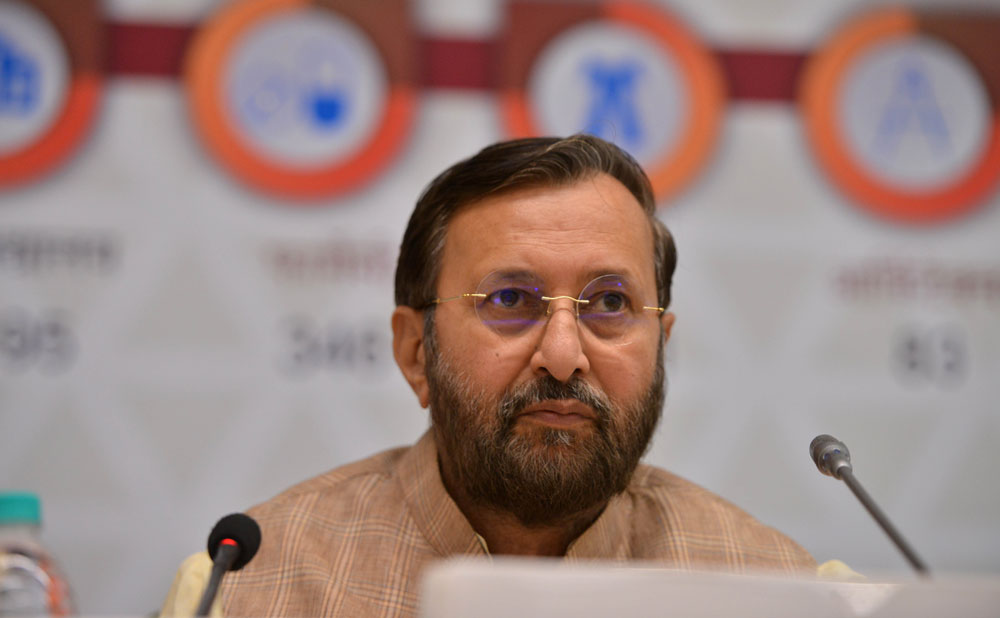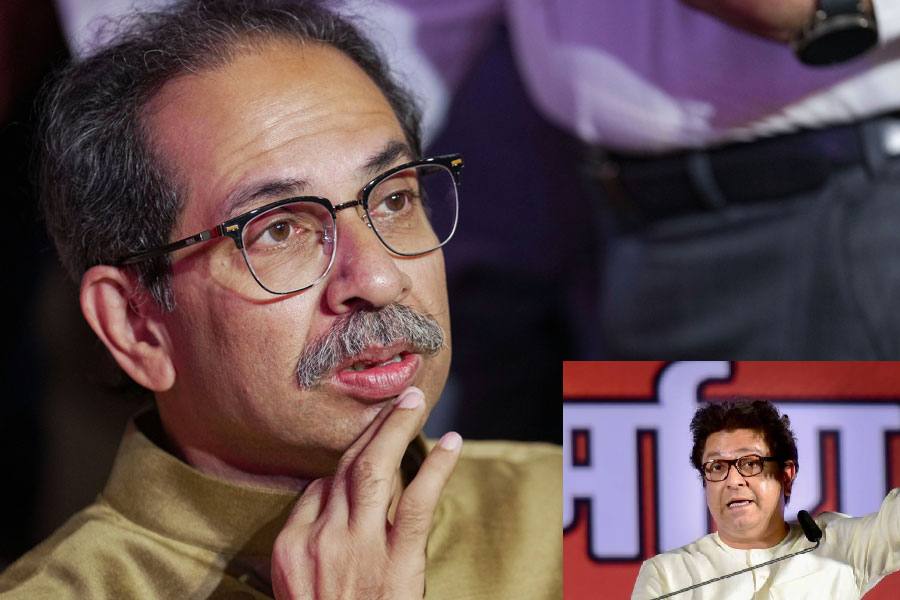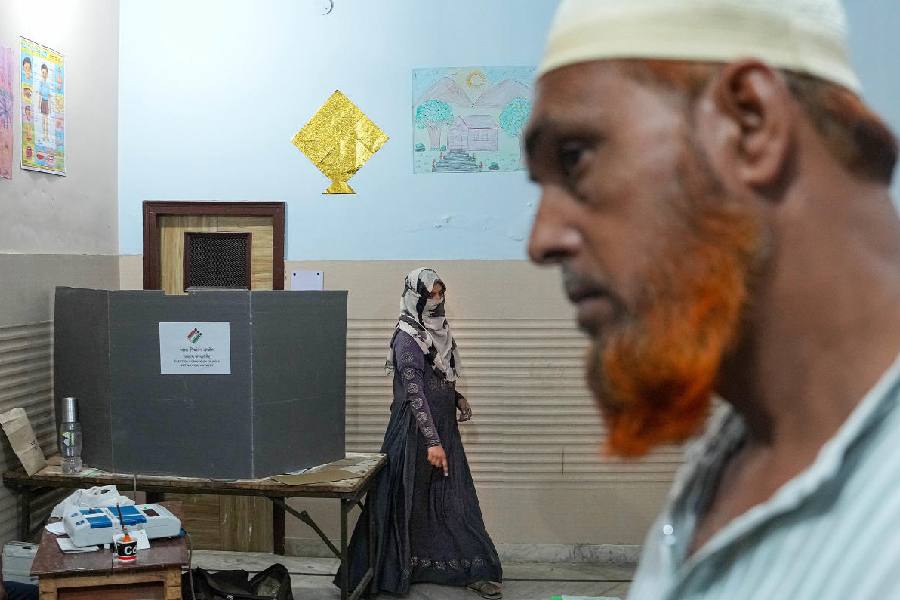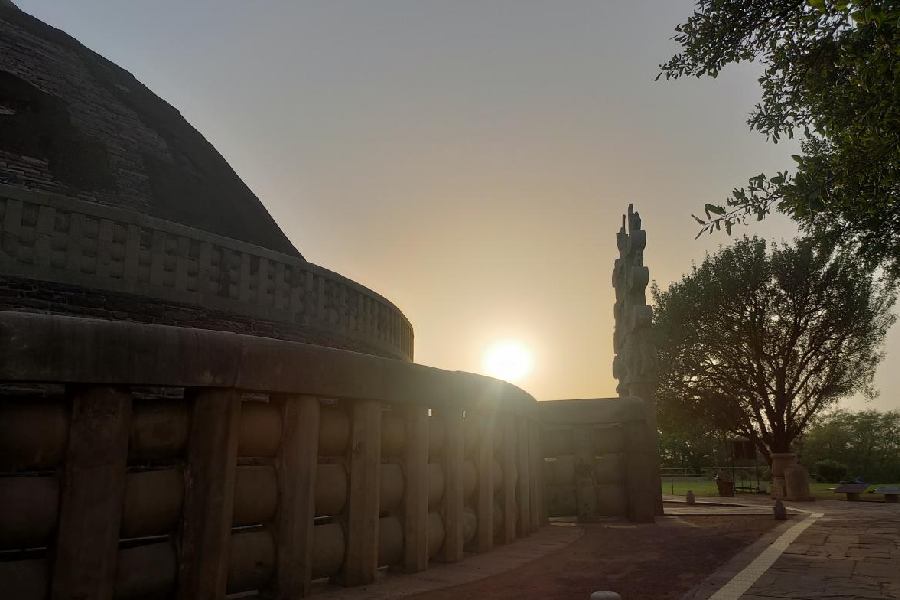The country’s education minister on Wednesday deflected a question on the delay in promulgating a proposed ordinance to bypass a high court judgment that threatens to drastically reduce reserved teaching posts in universities, prompting some academics to question the government’s intent.
HRD minister Prakash Javadekar’s comments, during which he seemed to put the onus on the Supreme Court, triggered suggestions the Centre was not keen on the ordinance, fearing it might antagonise the upper castes in an election year.
An upper caste agitation is already gaining strength against the government-sponsored amendment that buttressed the Scheduled Castes and Scheduled Tribes (Prevention of Atrocities) Act after an apex court verdict diluted it.
The proposed ordinance is meant to nullify an Allahabad High Court judgment last year in favour of department-wise reservation, as opposed to the existing practice of clubbing all the vacant teaching posts in a university while calculating the number of reserved posts.
Javadekar’s ministry and the UGC have separately petitioned the Supreme Court against the verdict, while the ministry drafted an ordinance to undo it and sent it to the law ministry in August.
Higher education secretary R. Subrahmanyam had told this newspaper in the second week of August that the ordinance would be promulgated “soon”. There has been no progress since then. Asked about the delay at a news conference on Wednesday, Javadekar dodged the ordinance issue and referred only to the court petitions, to be heard on Friday.
“How can I pre-empt (predict) what will happen on 12 October?” he said. “We hope we will get justice.”
Under a department-wise reservation policy, universities would follow a roster system under which every fourth vacancy in a department would go to the Other backward Classes, every seventh to the Scheduled Castes and every 13th to the Scheduled Tribes. Many departments have less than four posts in the new universities.
Ganga Sahay Meena, who teaches Hindi at JNU, alleged the government was citing the court case because it was not keen on the ordinance. “This government is not interested in the welfare of the SCs, STs and OBCs,” Meena said.
The Central University of Haryana has already implemented department-wise reservation following an interim order from Punjab and Haryana High Court. All the 28 vacant teaching posts have gone to general candidates. Javadekar said he would enquire about this.
Badri Narayan, a professor with the G.B. Pant Social Science Institute, Allahabad, said the government should promulgate the ordinance “at the earliest”.
“Otherwise, the under-representation of deprived sections in faculty posts will worsen. This will also affect the entry of students from these sections into higher education,” he said.
“The way the government amended the SC/ST atrocities act has become an irritant for the upper castes and the OBCs. The government may at this moment be worried that the ordinance for a better quota system may go against it.”
Groups of upper caste organisations recently enforced a “Bharat Bandh” in parts of the country against the amendment to the SC/ST atrocities act.
Reservation expert P.S. Krishnan said some short-sighted people among the upper castes were resisting the “limited progress” of deprived sections.
“The ruling and Opposition parties must make a clear choice based on what is just and constitutional. The government should not delay the ordinance,” Krishnan, a former secretary with the then Union welfare ministry, said.
Citing the apex court cases, the University Grants Commission had in July asked universities to put their recruitment process on hold till further orders.
This will worsen the already huge vacancies in the central universities: some 5,606 teaching posts (33 per cent) out of a sanctioned 17,092 are vacant, the commission’s reply to an RTI application from The Telegraph last month revealed.










